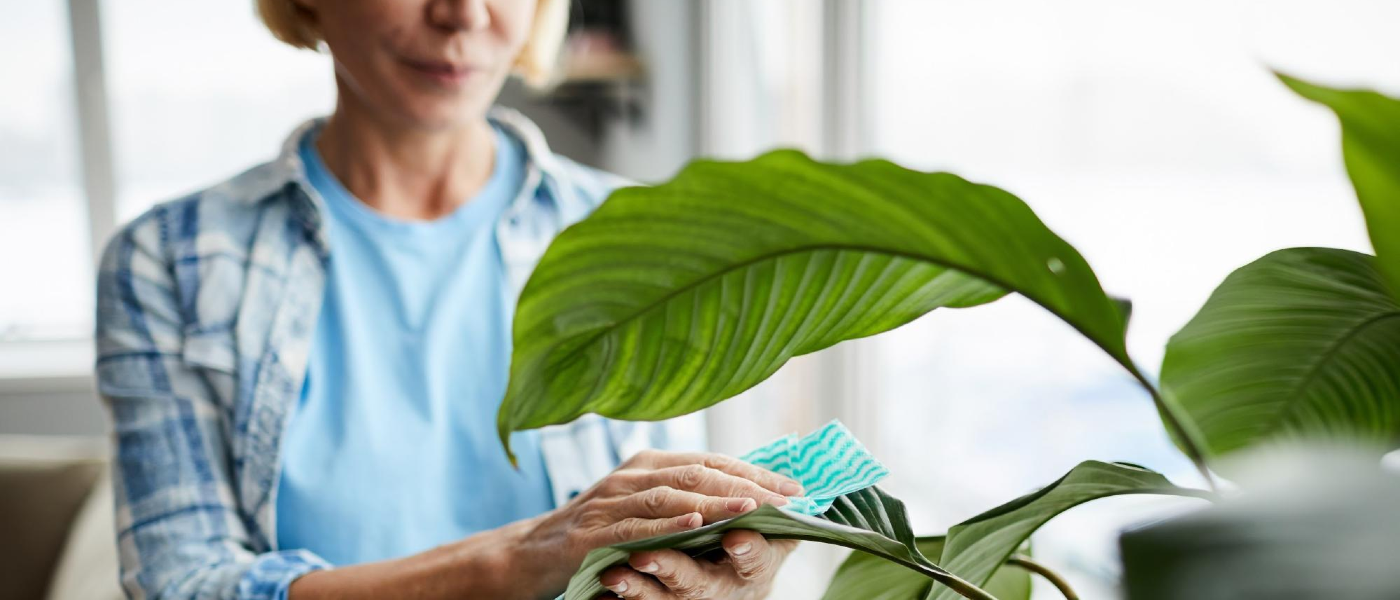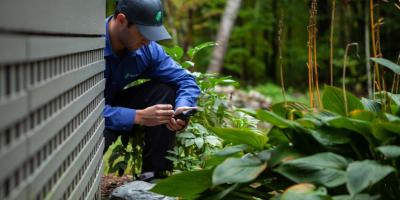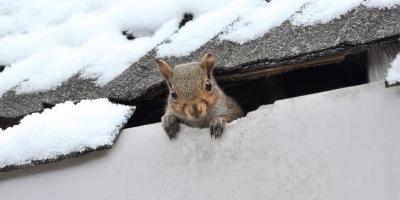Keeping it Green: Protect Your Houseplants from Pests

National Houseplant Appreciation Day is January 10th -- a day devoted to celebrating all the joy and oxygen that houseplants provide. Houseplants offer tons of benefits for amateur indoor gardeners, including improved breathing function, cleaner indoor air, increased attentiveness and focus, along with an overall boost to health.
National Houseplant Appreciation Day is also a great time to spread the word on how to keep your indoor flora friends happy and healthy, and that means learning about household pests that can damage or even kill houseplants.
The unfortunate reality is that when you bring plants (whose natural habitat is the outdoors) into your home, you’re also inviting all the critters that share their outdoor ecosystem, and that means bugs.
Pests Prefer Warmth During the Winter Months
This time of year, especially, pests like to move indoors because -- just like you -- they want to stay warm. Even though insects are more populous during warmer months, your houseplants have been safe from exposure to these pests because they’ve been safe inside your house. Now that it’s winter, your home has the preferable climate over the outdoors, so even though you might not have had an infestation earlier in the year, you could very well be facing one now.
Some of the most common pests you’ll find on indoor plants are the common brown scale, mealybugs, aphids, whiteflies, spider mites, fungus gnats and thrips. Some, like spider mites with their plant-killing webs, are extremely detrimental to your plants’ health and wellbeing, but even the relatively harmless ones (like fungus gnats) are still an annoyance to humans.
Plan Ahead to Keep Pests Away from Your Plants
An ounce of prevention is worth a pound of cure, so doing your best to stop infestations before they begin is almost always the best course of action. The key to preventing insects from invading your houseplants is proper care of the plants themselves. That means neither over- nor under-watering and regularly changing out the soil, as well as providing proper lighting, humidity and temperature conditions. Unhealthy plants attract more pests than healthy ones.
It’s also important to carefully observe your plants for any problems, and take action as soon as you detect a pest issue. If you do discover tiny (sometimes almost microscopic) critters, one universal measure you can take immediately is applying an insecticidal soap, which you can make on your own with common household ingredients. Be sure to follow the directions, because you don’t want the solution to be too strong and harm the plants.
One commercially-available, safe treatment you can apply yourself is neem oil. Neem oil is a naturally-occurring pesticide found in seeds from neem trees. It has a strong odor accompanied by a bitter taste that insects don’t like -- and it’s even safe for food-producing plants.
Of course, if you don’t notice an infestation until it gets out of hand, you’ll want to contact a pest control professional to eradicate the problem. They have access to materials and techniques the average homeowner does not.
Pests can come from just about anywhere. Keep your home on high defense with our integrated seasonal pest preventative program.



